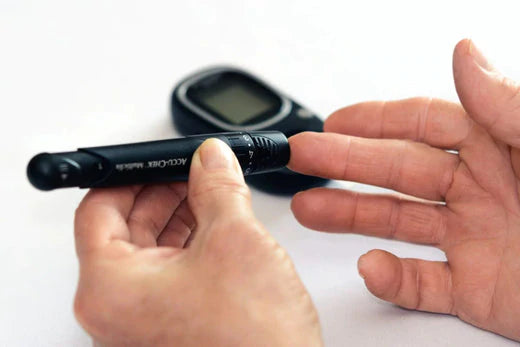Diabetic nephropathy (DN) is a common microvascular complication of diabetes mellitus (DM) that worsens its morbidity and mortality. There is evidence that camel milk (CM) improves the glycemic control in DM but its effect on the renal complications especi ally the DN remains unclear. Thus the current study aimed to characterize the effects of CM treatment on streptozotocin (STZ) - induced DN. Using STZ - induced diabetes, we investigated the effect of CM treatment on kidney function, proteinuria, renal Smad1, c ollagen type IV (Col4), blood glucose, insulin resistance (IR), lipid peroxidation, the antioxidant superoxide dismutase (SOD), catalase (CAT) and glutathione (GSH). In addition renal morphology was also examined. The current results showed that rats with untreated diabetes exhibited marked hyperglycemia, IR, high serum urea and creatinine levels, excessive proteinuria, increased renal Smad1 and Col4, glomerular expansion, and extracellular matrix deposition. There was also increased lipid peroxidation prod ucts, decreased antioxidant enzyme activity and GSH levels. Camel milk treatment decreased blood glucose, IR, and lipid peroxidation. Superoxide dismutase and CAT expression, CAT activity, and GSH levels were increased. The renoprotective effects of CM wer e demonstrated by the decreased serum urea and creatinine, proteinuria, Smad1, Col4, and preserved normal tubulo - glomerular morphology. In conclusion, beside its hypoglycemic action, CM attenuates the early changes of DN, decreased renal Smad1 and Col4. Th is could be attributed to a primary action on the glomerular mesangial cells, or secondarily to the hypoglycemic and antioxidant effects of CM. The protective effects of CM against DN support its use as an adjuvant anti - diabetes therapy.


 Log in
Log in